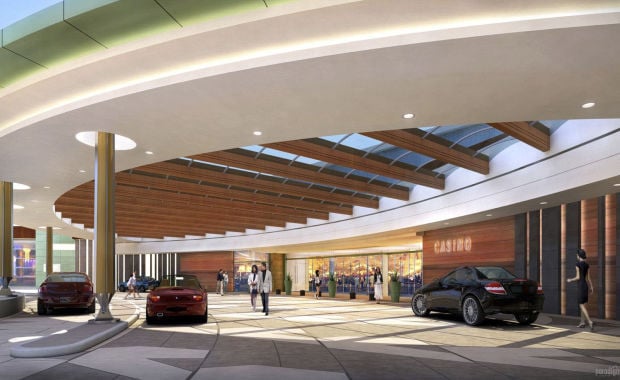Arizona Tribe Celebrates Legal Victory in Casino Battle with State by Cracking Open the Booze
Posted on: August 16, 2017, 03:00h.
Last updated on: August 16, 2017, 02:33h.
The Tohono O’odham tribe of Arizona was toasting victory this week as its Desert Diamond West Valley Casino began serving alcohol for the first time, courtesy of its brand new liquor license.

The license and the sight of drink flowing freely on the premises are a big deal to the tribe because of what they represent: the end of a long, eight-year legal battle against the State of Arizona not only over liquor but also the right to offer “class III” casino gaming.
Under a settlement agreed with the state, the tribe will be permitted to offer table games like blackjack and to replace its class II non-banked “bingo slots,” currently its only gambling option, with full-fledged RNG-powered slots machines.
In line with Arizona gaming law, the tribe will not be able to offer craps, roulette or baccarat.
$400 Million Resort Planned
For the tribe’s part of the bargain, reached with the state in June, it will not build any more casinos in the Phoenix metro area for the foreseeable future.
But that doesn’t prevent it from beginning work on a full-blown $400 million casino resort next to the current temporary casino, a resort with a 600-room spa hotel, 150,000 square-foot gaming floor, restaurants, bars, three-acre atrium and event and convention center.
This is the fulfillment of a plans that have been a long time in the making. In 2002, Arizona voters approved a measure on the ballot that would give tribes exclusive rights to casino gaming on their sovereign lands.
A year later, the Tohono O’odhams bought the land on which the current casino now stands, hiding its ownership under the name Ranier Enterprises.
Legal Battle
Back in 1986 the tribe had received $30 million in compensation from the federal government when its lands were flooded during the construction of a nearby dam.
As part of the settlement, the tribe was also permitted to buy replacement land which could be made part of its reservation, provided it wasn’t situated within any city limits.
In 2009, the tribe revealed it owned the land and applied to have it recognized by the Department of the Interior as sovereign territory so that it could build its casino. The state sued, claiming the 2002 resolution restricted casinos to existing reservations. The Tohono O’odhams countersued.
But after years of legal wrangling, the DOI sided with the Tohono O’odhams. The tribe said last month that construction on the new development would begin by the end of the year.
And meanwhile, the booze will continue to flow at the temporary casino.
No comments yet